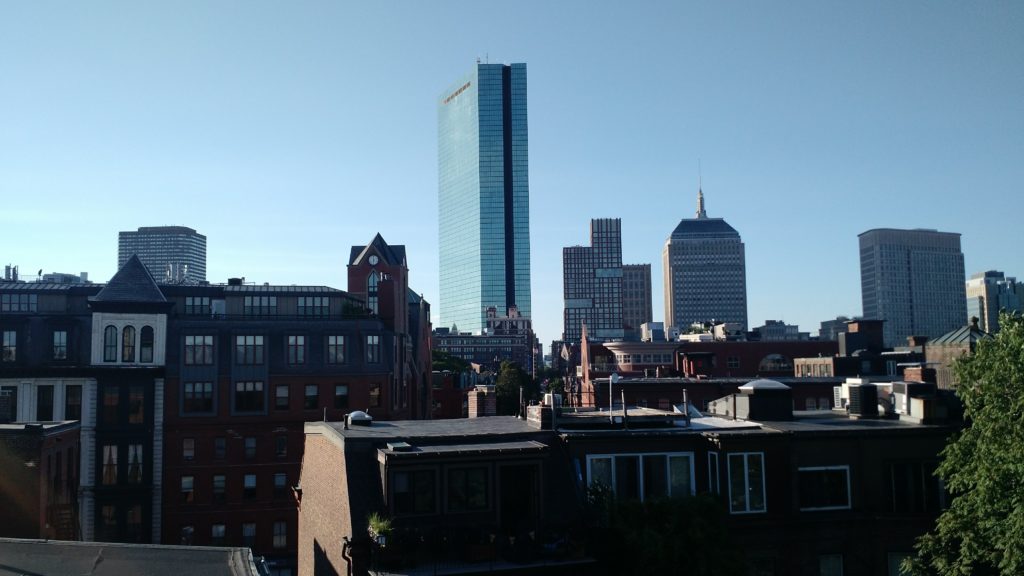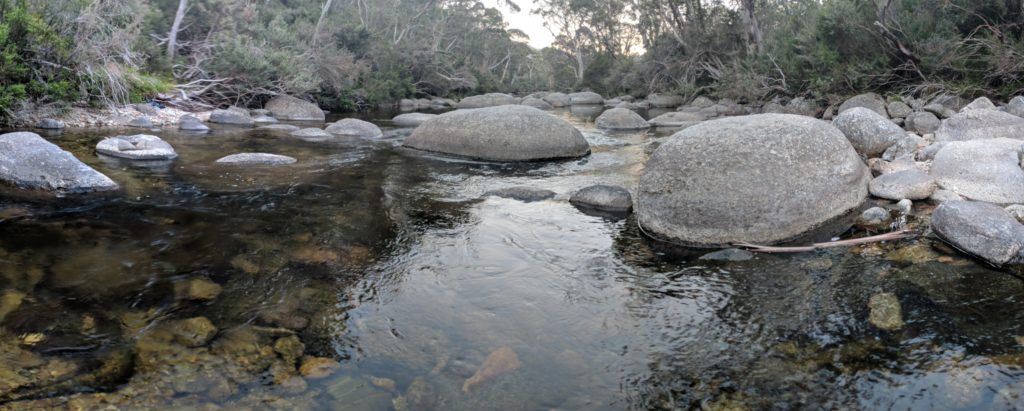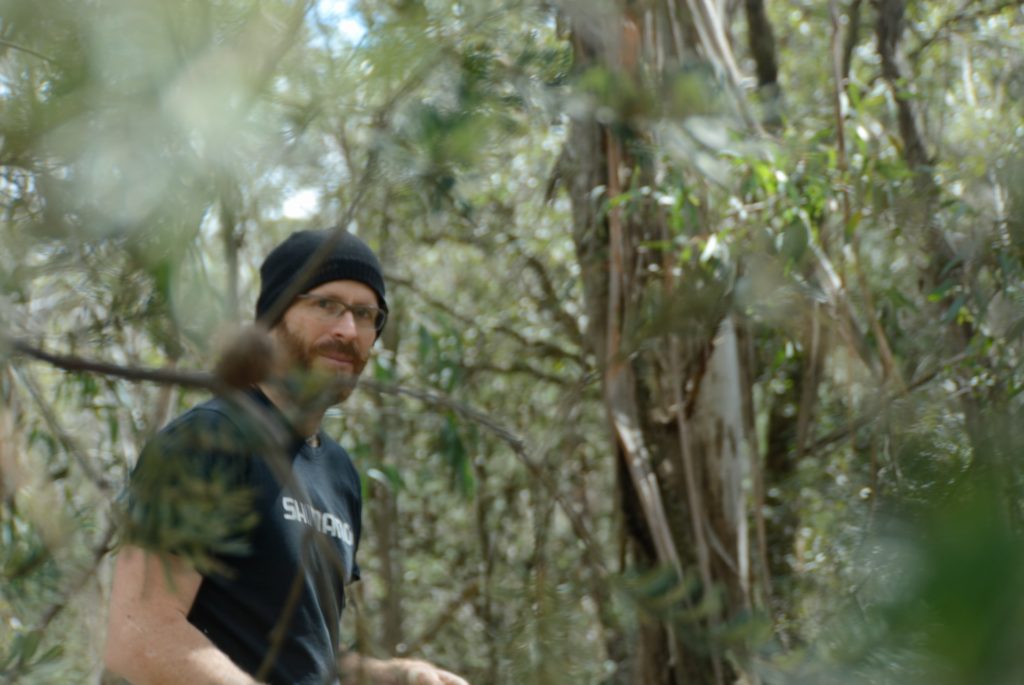In another context I wrote a couple of years ago about business penguins – the very short summary being ‘if we want to make our work lives better we really need to expand our visual language around what work means’. Here, I want to expand that concept to include the space around us, and our daily lives.
Across our planet, many millions of people never see our home planet outside of human-constructed contexts. Built environments, modified environments, spaces designed by humans.
Curated spaces.
In psychology the concept of ‘carpentered environments’ has been around for a long time. A ‘carpentered environment’ being one where places where walls are straight, things predominantly join at right angles or some other euclidean geometric principle. A few studies in the 1960s and 1970s (this link is ‘google scholar results for carpentered environment’) examined cultural differences in perception of a classic visual illusion, coming to the conclusion that the visual environment we are exposed to has an impact on our internal cognitive processes.
This isn’t very surprising, since we are insanely good at pattern recognition (across all sensory modalities) and structuring environments in ways which make processing our world as easy as possible. We are heuristic generators – we develop and use cognitive ’shortcuts’ based on experiences we have. So – if we live around straight lines arranged in specific ways, we adapt our cognitive processes to deal with them.
While the researchers way back in the 1970s speak about effects on internal cognitive processes, the implications of those effects on other processes are never considered. So I want to draw a really long bow… ready?

Curated space, curated mind
Our long story – the tale of how we evolved and came to be, how we were shaped by our world, was dominated up until a few thousand years ago by dealing with radically different environments. We didn’t have straight lines. We dealt with complex not-really-linear situations every day, we understood cycles within cycles within cycles, and that we should plan for things that we will never in our lifetimes see. We were, in the main, more closely aligned with our environment.
The long bow I want to draw is that once we started to make straight lines, carpentered environments, assembly lines, empire-building ‘identical administrative units’, we began to become less able to think about things in any other way. Our carpentered environment leads to carpentered cognition – becoming a cycle of increasing carpentered-ness.
It starts at school and leads all the way to leadership – we are rewarded for fitting into the right boxes, thinking about things in the right ways – and have a lifelong battle on our hands if we choose another path. I don’t think it’s an accident that we use a box as a metaphor for describing how we think about things. Even thinking ‘outside the box’, however, is generally thinking within a larger box – an invisible box we don’t even know exists unless we work hard to recognise it.
The net effect of curating our environment and then our thinking is that we create an ever narrower field in which we can view the world. Eventually, become unable to see or think about patterns which exist outside it. I visualise this as a funnel which we spiral downward, moving in ever narrower circles, constraining our ability to perceive our universe. We also get to see how this played out historically – several civilisations curated all the space around them, imposing ‘order’ – which for a time was fantastic. Until it wasn’t, and they collapsed. Hold on to that thought though, we’ll come back to it.
…and we see this every place we look. In mountain biking – ‘oh that trail has become unrideable’ – it hasn’t, you just expect that it should meet some ideal that doesn’t exist in nature. Or skiing – ‘we need to thin this forest / cut this road / build this thing to ski …’ – when we could ski a different hill, or get better at skiing, or be more creative about using areas that are already infrastructure-heavy.
It’s a fantastic mindset to propagate if you’re building an empire, or trying to control people – in short if your aim is exploitation of people and planet, then a curated mind and a restricted ability to understand that there is a box, let alone make the box different, is exactly what you need.
If we’re aiming to have an inclusive, vibrant future for all of humanity, we need to do something else….

Uncurated space, uncurated mind…
Since this web site is really about ‘using outdoor activities to engage in everyday revolutions’, the style of uncurated space that is most comfortable to me is wild outdoor space. Spaces where you can go and nothing you see is constructed by humans, except for a small trail you walked in on. Places where trees grow or not according to nothing more than environmental factors. Places where the only straight lines you see are splitter cracks in rock faces or tree trunks. Places where, when you look up at night, of feels like the stars are right there at your fingertips. Where your senses, mind and soul can be filled with the world as it is without us – as far as possible.
Filling our cognitive space with a jumble of uncarpentered shapes, on scales from the vast to the infinitesimal is a wonder for or body, mind and soul. I recall working as a guide, the inordinate joy we and our clients would find in spotting tiny orchids, millimetres across, in landscapes filled with towering trees and even more towering dolerite crags. Where can we see this in our curated spaces? Nowhere. Is it any wonder that separation from such wonderous complexity dulls our receptivity – our ability to imagine and appreciate such things? As clever as we are, we overestimate our cleverness often – and at our peril.
Uncurated space takes other forms also – spiritual and cultural. Where do the spaces exist where we find freedom to express our wild spirituality, our connection to our selves, others, and the universe? Myself, I find that the physical and spiritual versions of uncurated space coincide. I feel at home there. More comfortable in the mountains than I am in a city.
The more we experience these spaces in an immersive fashion, the more we are able to comprehend and work with different ways and patterns, and uncertainties. There is a whole body of literature about the mental health effects of wildnerness (here’s the lazy google scholar search for you to peruse). Skimming a few of these results, references to wildnerness effects on people’s thinking come in the form of ‘seeing a new perspective’; or ‘ability to step away from a troublesome environment’. So yes – immersion in wilderness helps us to see differently. This certainly reflects my own experience – the more time I spend in ‘uncurated space’, the more I am able to see the world in different ways
Un-curate
We’ve seen in 2020 how easy it is to disrupt all the systems we’ve built up over millenia of carpentered thinking. In conversation with a friend I called ‘how we do things now’ (specifically in western culture) a stack of hollow shells – because it’s fragile, easy to crush, and easy to topple over. Stepping back for a wider perspective, it is possible to view this as the result of thousands of years of curated cognition. We literally have boxed our minds in so tightly that we can’t see another way to do it anymore.
….but you know what? it’s really easy to start the work of active uncuration, to un-do all of this – and work on more resilient systems which nourish both us and our planet. Wildernes therapy mainly focusses on doing ‘wildernessy things’ – which is fantastic, but we can’t do wildernessy things all the time.
We can uncurate the space where we are now – physically, emotionally, and cognitively. And we can take this approach toward everything we do.
A challenge for urban planners and urban dwellers is ‘how can we un-curate the cities and towns we’ve built for millenia and rely largely on carpentered parts to work?’. What about starting with city parks. Let them go, let weeds spring up and trees grow randomly. Work with it until we no longer see it as untidy, or ugly – which may well not be in our own lifetime! If you’re thinking ‘no way I want my local park to be come a wild mess’, I urge you to work with that – try to see the world differently – for the benefit of all who will come after you. Give them a beautiful opportunity to expand their minds and create a new kind of world!
Canberra, the capital city of Australia, is vastly under-celebrated in this respect for it sheer proximity to uncurated space. It’s a park city, with untidy bush parks everywhere. Unfortunately, its residents in general do not appreciate this aspect of their city, and Canberra’s most precious asset is under constant threat. In my mind, it is an easy model of how to create access to wild spaces within a modern city context, without doing any physical work at all – just think differently about what makes it valuable!
…and our own gardens / spaces? We can look at reorganising our gardens to function within the environment they occupy, rather than constantly working to maintain some ideal which doesn’t fit. Yes, even permaculture and regenerative gardening still create curated spaces – however, the psychological approach is different – ‘how can we work with what is here?”
Which is an approach we can take everywhere. ‘How can we work with what is here?’, rather than ‘How can we change what is here to suit our way of thinking / doing?’
Uncuration is a lifelong work
Yes, all of this is hard work. These new ways and systems might take a long time to build – since there’s already hundreds or thousands of years of inertia to redirect. We don’t need to push back against it, thats crazy. Just nudge the trajectory a little. Or a lot, and faster, if we work hard and use knowledge already in existence today and practiced by indigenous cultures that the western empire machine hasn’t killed off. Yes, it will be work and that work starts with us.
It’s already been starting a long time. In a western context the unschooling movement is a great example to work from. Literally undoing the idea of ‘school’ and that we all need to learn all the same things at the same time to become cogs in a machine. For we who have been through the westernised academic system and out the other side, our first work is to un-school ourselves.
….but we don’t have to start from scratch. It’s work of remembering, and listening. Remembering where we came from, listening to cultures who have not carpentered themselves into ever-shrinking cognitive boxes. It’s a work of truth-finding, questioning, rediscovery, and surrender.
It is still work. And practice. And work. For our whole lives. Even for the most enlightened sage – it’s still work. I’m also writing this piece thinking ‘shit, my own cognitive traps still need so much work, who am I to speak?’, since my own work of uncuration has a long way to go. I hope this essay helps yours…

Support this work
toolsfortherevolution.com is an independent project about trying to do better at life using the tools we have – making everyday revolutions. It is not supported by ad tech, tracking links, or any sort of customer capture devices. If you want to support it, please hit the buttons below.
Stripe
|
Paypal |